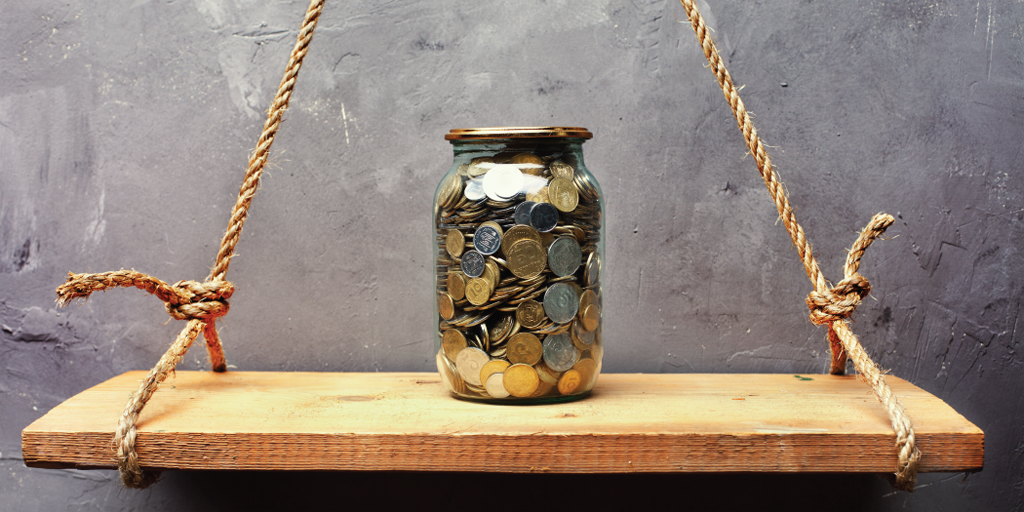What are the Costs To Buy A House?
Deposit:
Regardless of what kind of home, you will need to put a deposit on a home as a security measure to ensure you don’t lose it to another interested buyer. When you work with us, this money is held "IN Trust" by RE/MAX Vernon - it will become part of your down payment once you have purchased the home. Even though it does not go directly to the seller - it does move out of your account! We can help you figure out how much is best for your position.
Down Payment:
In Canada, the minimum amount you need to put down on a home is 5%. While this is realistic for most first time home buyers, having a down payment of 20% or more will help buyers avoid paying Mortgage Loan Insurance.
Land Transfer Tax:
When you buy a home, you are required to pay a land transfer tax to the province of BC upon closing. The property transfer tax rate is:
- 1% on the first $200,000,
- 2% on the portion of the fair market value greater than $200,000 and up to and including $2,000,000,
- 3% on the portion of the fair market value greater than $2,000,000, and
- If the property is residential, a further 2% on the portion of the fair market value greater than $3,000,000 (effective February 21, 2018).
If the property is classified as residential and farm, or is residential mixed class (such as residential and commercial), you pay the further 2% tax on only the residential portion of the property.
Appraisal Fee:
An appraisal will normally cost between $300 and $400 but can vary depending on your location. This will help prevent you from borrowing more than you need to, and will prevent lenders from giving you too much. Your lender will advise you if an appraisal will be required - and they set it up.
Home Inspection:
A home inspection is a necessary step in your home buying process and will normally cost an average of $450 depending on the size, age, and condition of the home. This helps ensure there are no unexpected maintenance or home improvement costs upon purchasing the home.
Property Insurance:
While property insurance is likely already something you have factored into your budget, it’s important to do your research and find a reasonable quote that will ensure you are covered should anything unexpected happen. Take the MLS® sheet with you to your agent - and get a list of questions they need answers to... and your home inspector can likely help provide them as part of the inspection.
Mortgage Insurance:
There is mortgage life insurance, which is designed to protect the repayment of a mortgage if anything were to happen to you. There is also mortgage loan insurance if your down payment is less than 20% of the total house cost. Premiums for this type of insurance range from 0.5% to 3% and increase if you are self employed.
Lawyer Fees:
The fee you will be charged by your lawyer will vary depending on the person representing you and must be paid upon closing. It is running about $1000 - $1500. If you do not have a lawyer we can provide you with a list of preferred trusted lawyers and legal resources.
Title Insurance:
Title insurance is a one-time-fee that provides protection from losses related to the properties title or ownership. Sometimes this can be avoided if the property has a Survey.
Property Taxes:
The cost for property taxes is expressed as a dollar rate for every $1,000 estimated to be the market value of your property. You will pay for your "share" of the calendar year.. and the Lawyer assesses this at the time of sale in the Statement of Adjustments.
Maintenance and Energy Costs:
Potentially your largest ongoing homeowner expense, these costs include lawn care/ yard work, professional services, additions/upgrades and the cost of keeping the house running year-round.
Moving Expenses:
It’s easy to forget about the small things when moving, but it’s important to remember they can add up quickly! Consider the cost for phone, electricity, and other utility installations and don’t forget about movers, a moving truck and feeding your friends who are helping out!


